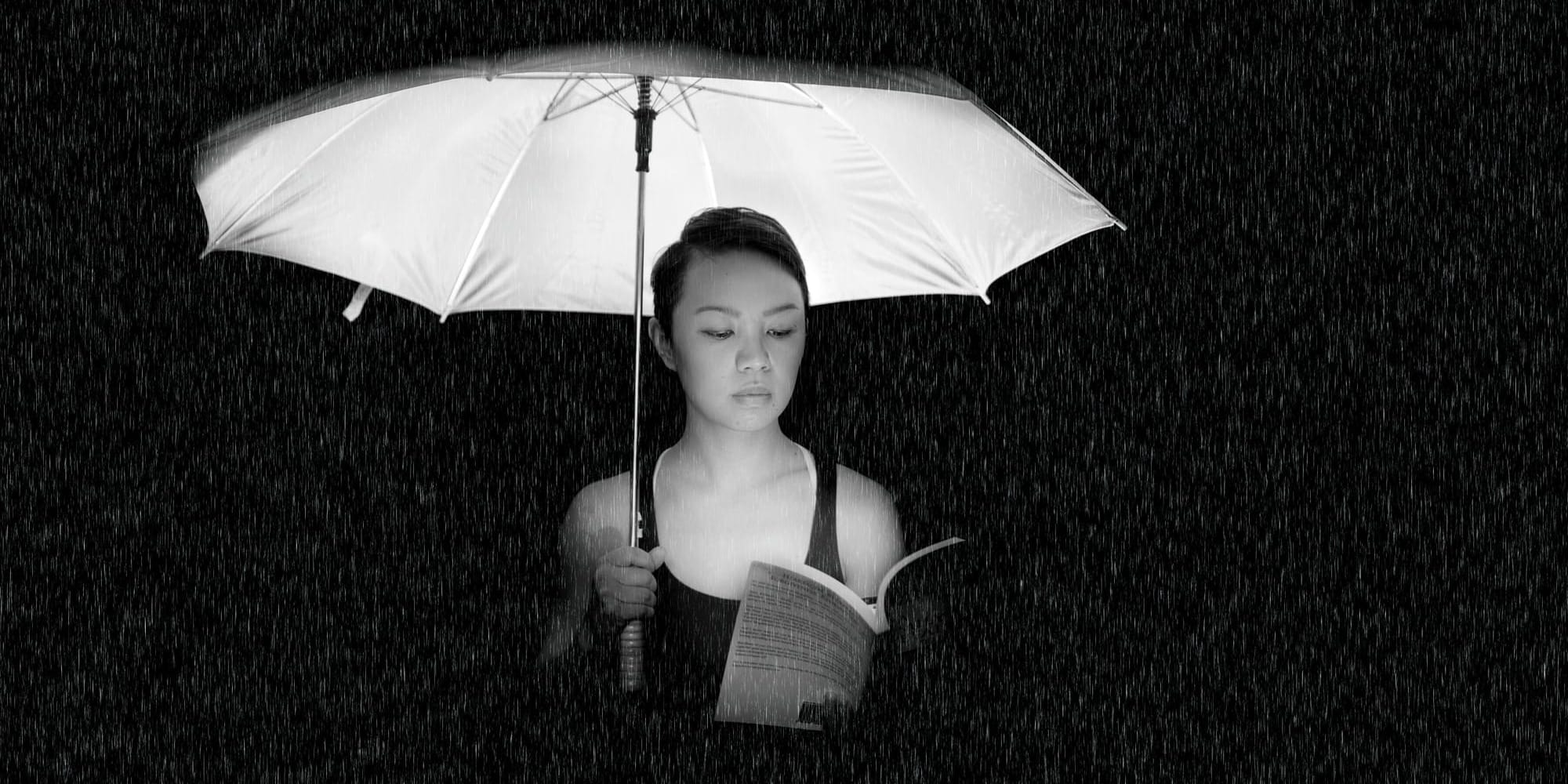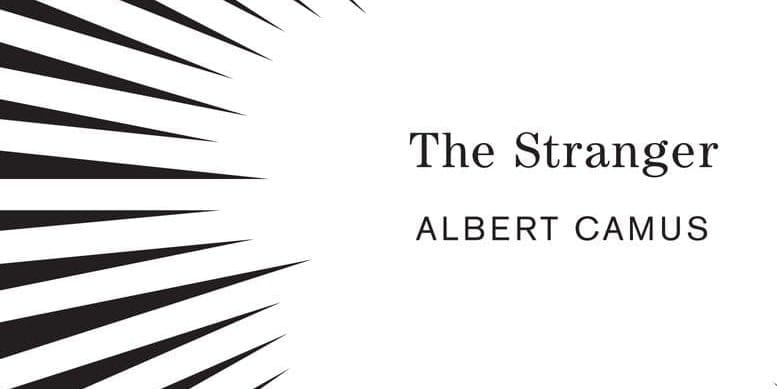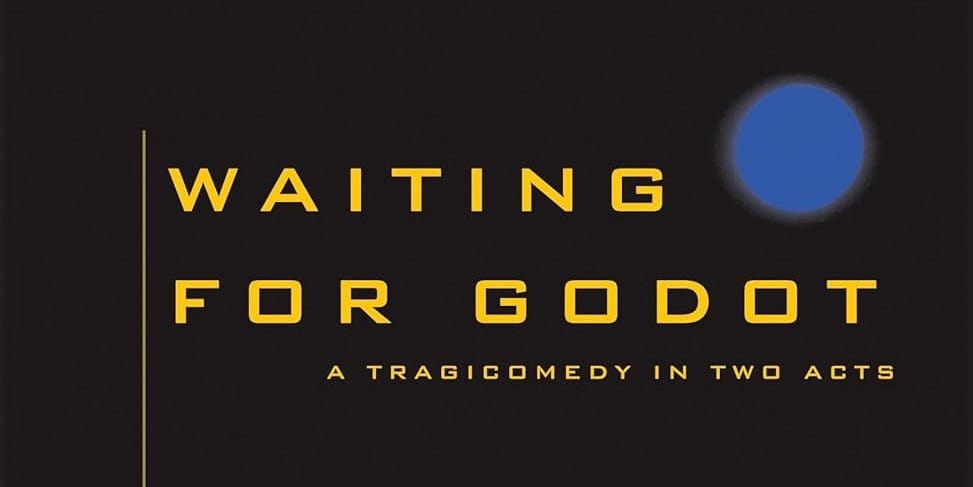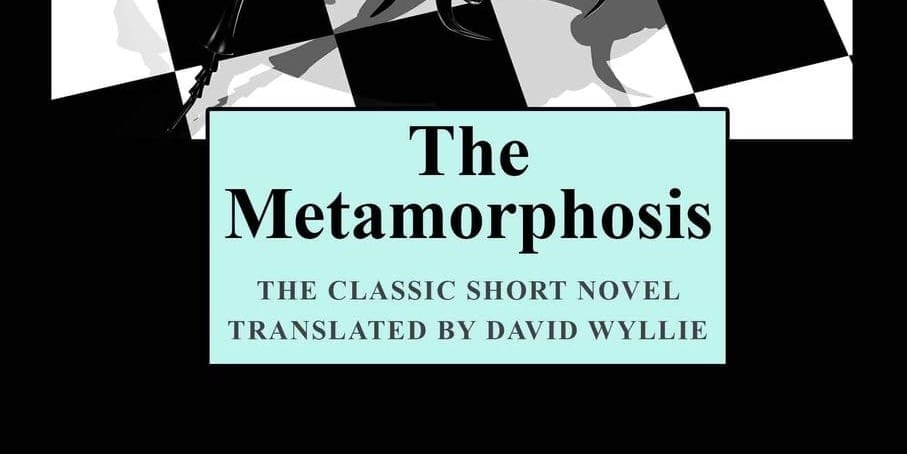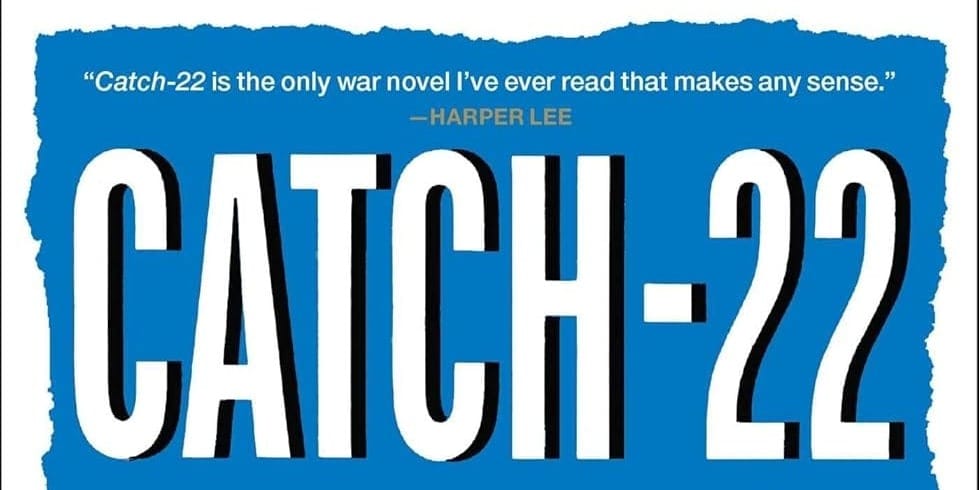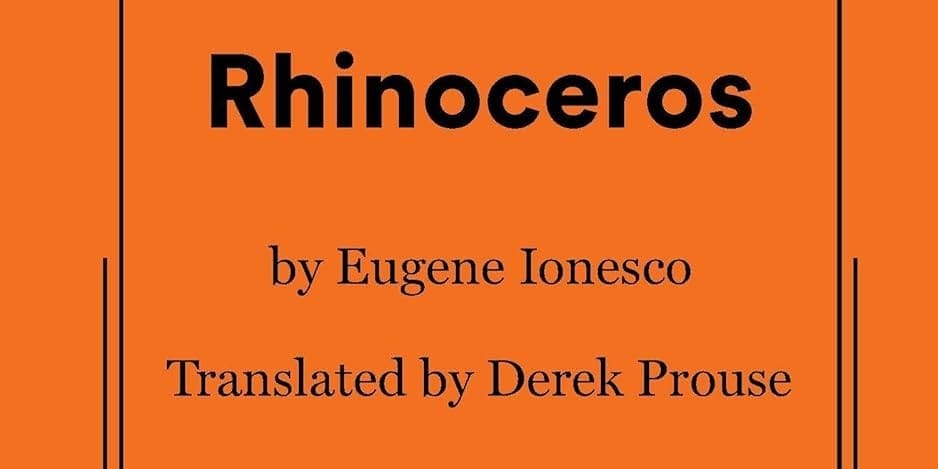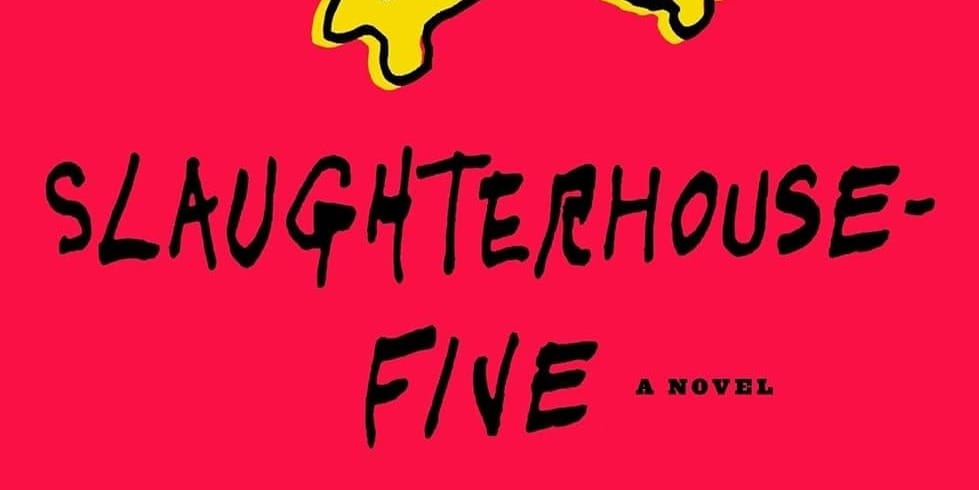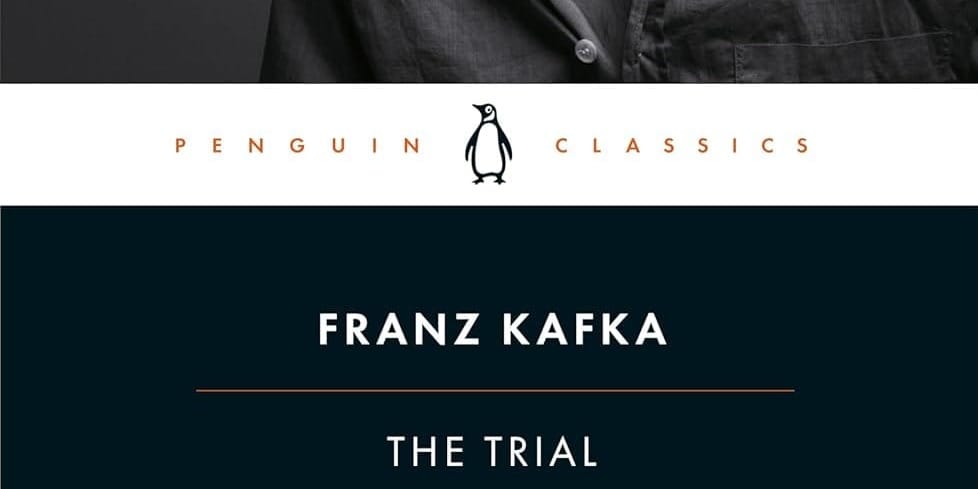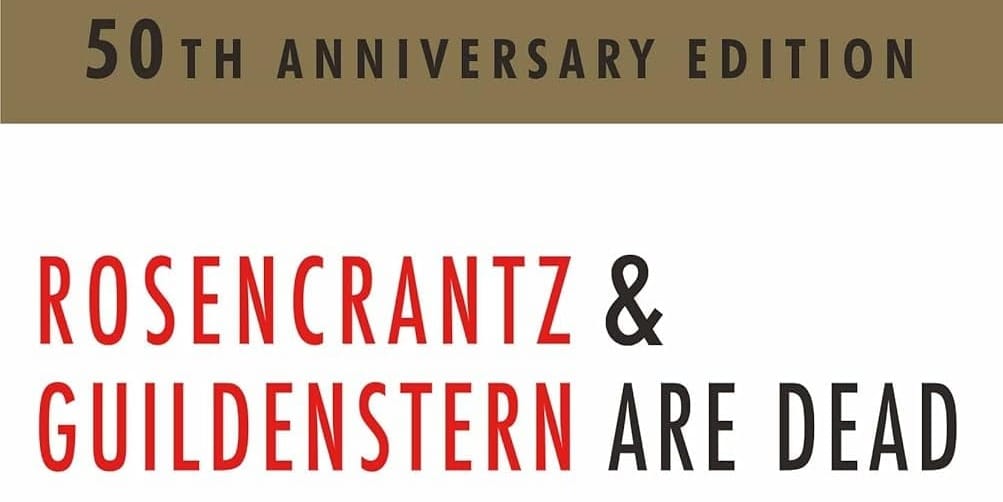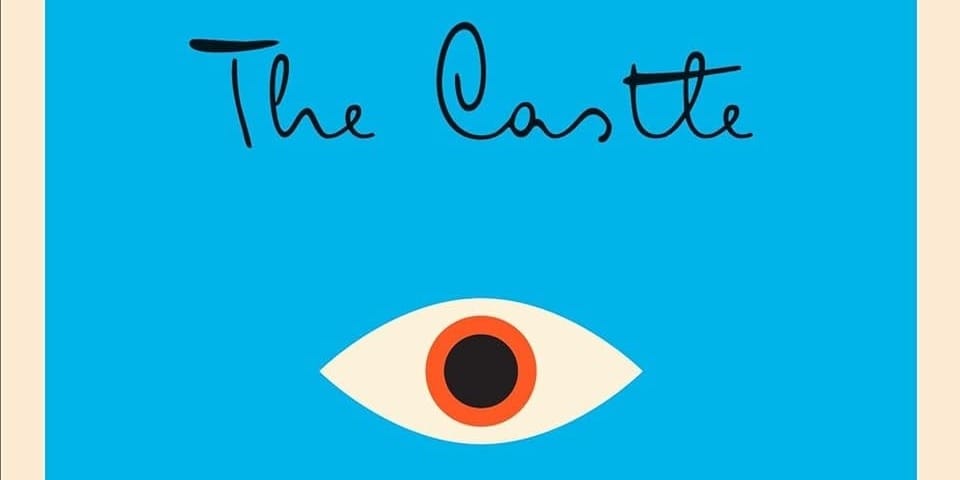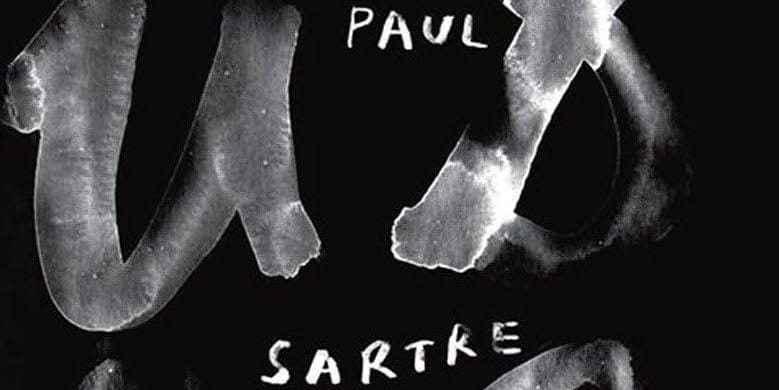Life is inherently absurd, and nowhere is this truth more clearly reflected than in literature. Absurdist classics explore the meaningless complexity of human existence, humorously and hauntingly highlighting the irrational nature of society, identity, and life itself. These books often challenge our understanding of reality, asking profound questions through surreal situations. Whether you're intrigued by the existential dread of Franz Kafka or the existential revolt of Albert Camus, these ten absurdist classics are perfect for readers who love philosophical classics and literary experiments.
The Beauty of Absurdity: Finding Meaning in Meaninglessness
Absurdist literature uniquely captures the paradoxical nature of life, highlighting both the humor and despair found in the relentless search for meaning. These works often portray characters trapped in bizarre, illogical situations, mirroring our own experiences in a world filled with contradictions and arbitrary rules. From Kafka's unsettling depictions of surreal bureaucratic nightmares to Camus's exploration of existential rebellion, absurdist classics challenge readers to reconsider their assumptions about reality, identity, and purpose. They invite us to laugh at the absurdities of our everyday lives, recognize the arbitrary conventions we cling to, and ultimately find a strange sense of freedom within the chaos.
The Stranger by Albert Camus
The Stranger is a masterpiece of absurdist literature, chronicling the bizarrely indifferent Meursault, whose emotional detachment shocks society. Camus skillfully examines how absurd life becomes when viewed objectively, stripped of societal norms. Meursault’s alienation and lack of meaning resonate profoundly in a world filled with arbitrary customs. The novel eloquently questions morality, existential despair, and the human condition.
Waiting for Godot by Samuel Beckett
Samuel Beckett's Waiting for Godot brilliantly captures life's existential absurdity through two men, Vladimir and Estragon, who endlessly await someone named Godot. Beckett’s sparse and repetitive dialogue underscores the futility and meaningless cycle of waiting for purpose. The play remains strikingly relevant, emphasizing humanity's need to create meaning even amidst evident pointlessness. Beckett’s humorously bleak perspective offers a stark reflection of our own existential dilemmas.
The Metamorphosis by Franz Kafka
Kafka’s iconic story, The Metamorphosis, plunges readers into absurdity as Gregor Samsa inexplicably transforms into a giant insect. Kafka explores alienation, familial rejection, and the grotesque nature of existence through Gregor's tragic journey. This narrative vividly portrays how identity and humanity are precariously dependent on external acceptance. Kafka’s nightmarish depiction remains a haunting illustration of life’s irrational cruelty, making it essential for fans of psychological classics.
Catch-22 by Joseph Heller
Joseph Heller’s Catch-22 brilliantly satirizes war’s irrationality, bureaucratic insanity, and the circular logic that traps individuals within absurd rules. Centering on Captain Yossarian, who desperately tries to escape combat, the novel humorously critiques the absurd mechanisms of society and warfare. Its comedic yet dark narrative highlights the meaningless tragedies of war, securing its spot as a must-read among classic war novels.
Rhinoceros by Eugène Ionesco
Eugène Ionesco’s Rhinoceros dramatically symbolizes conformity and the absurdity of collective behavior. The bizarre narrative, wherein the townspeople turn into rhinoceroses, humorously underscores humanity’s susceptibility to absurdity and totalitarian ideologies. Ionesco challenges readers to reflect on individuality and societal pressures, emphasizing the fragility of human rationality. Its powerful themes resonate particularly strongly among fans of revolutionary classics.
Slaughterhouse-Five by Kurt Vonnegut
Vonnegut’s Slaughterhouse-Five uniquely blends absurdism with science fiction, depicting the chaotic experiences of Billy Pilgrim, who becomes "unstuck in time." The fragmented narrative portrays the absurdity of war, trauma, and human perception. Vonnegut masterfully satirizes humanity’s futile attempts at rationalizing the incomprehensible nature of life, creating a compelling addition to dystopian classics.
The Trial by Franz Kafka
Kafka's The Trial intricately illustrates the surreal nightmare of Josef K., who is prosecuted without explanation. Kafka’s portrayal of opaque authority systems, irrational guilt, and existential dread encapsulates the absurdity of human bureaucratic structures. Readers find themselves trapped alongside Josef K., confronting the frustrating impossibility of finding meaning or justice within absurd societal constructs.
Rosencrantz and Guildenstern Are Dead by Tom Stoppard
Stoppard’s inventive play reimagines Hamlet from the perspective of minor characters Rosencrantz and Guildenstern, highlighting existential confusion and absurdity. Their humorous and philosophical dialogues echo Beckett’s style, questioning fate, free will, and reality’s illusory nature. Stoppard cleverly captures life’s randomness, offering sharp insights into human existence and identity.
The Castle by Franz Kafka
Kafka’s unfinished novel, The Castle, immerses readers into a surreal and nightmarish world where the protagonist, known only as K., struggles endlessly to gain access to a mysterious authority residing within a castle. Bureaucracy, misunderstanding, and alienation shape every interaction, painting a bleak yet strangely humorous portrait of human striving against opaque systems. The novel’s absurd atmosphere mirrors life’s often futile quest for validation and meaning. Kafka’s exploration of unattainable goals and existential confusion is both haunting and darkly comic.
Nausea by Jean-Paul Sartre
Sartre’s Nausea vividly portrays existential dread through Antoine Roquentin’s disillusioned confrontation with existence. Roquentin experiences physical revulsion at life’s arbitrary nature, leading him into deep philosophical introspection. Sartre effectively captures the essence of existentialism, exploring profound questions about meaning, consciousness, and absurdity, making Nausea a timeless classic among existentialist literature.
Why Absurdist Classics Matter: Reflecting on Our Absurd Existence
Absurdist classics uniquely highlight humanity’s persistent struggle to find meaning in an inherently meaningless world. They provocatively challenge our ingrained perceptions, societal norms, and individual identities, compelling us to reconsider reality itself. Authors like Kafka, Camus, and Beckett invite readers to confront life’s irrationality and embrace uncertainty with curiosity rather than fear. These novels underscore our natural inclination toward storytelling and meaning-making, reminding us that human creativity thrives precisely because life defies logic. In this chaotic search for meaning, absurdist literature emerges not as nihilistic despair but as a profound exploration of freedom. Just as the philosopher Blaise Pascal noted humanity’s discomfort in quiet solitude, absurdist classics expose our restless minds’ continuous distractions. By engaging with these works, we confront our collective and personal illusions, ultimately discovering deeper truths about ourselves. If modern classics have sparked your interest before, these absurdist masterpieces offer an enriching journey into the beautifully strange corners of human existence.
💬 Psst… Many of the books from the list are available to read for free with Kindle Unlimited or listen for free with Audible — both offer 30-day free trials for new users. Perfect if you’re trying to read (or listen to) more without spending more.

